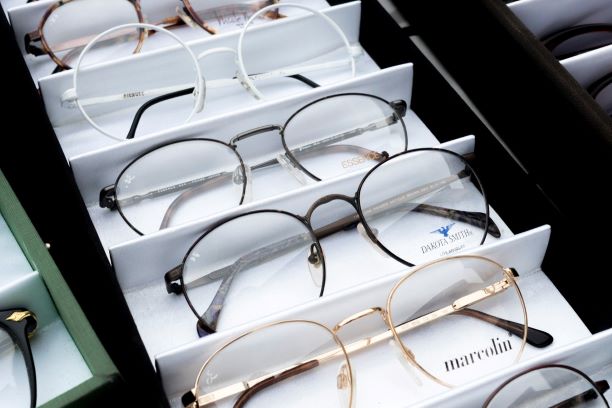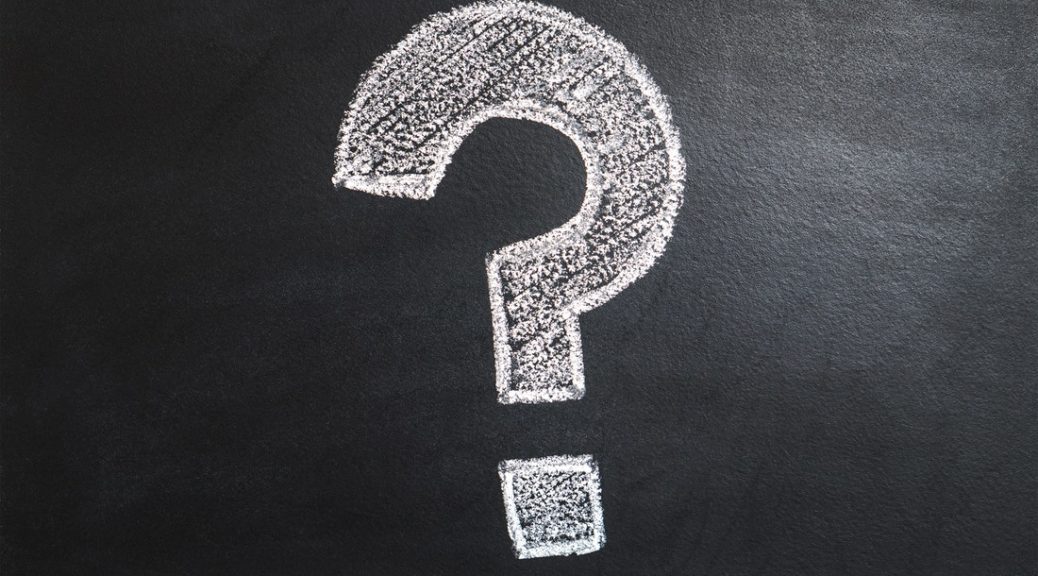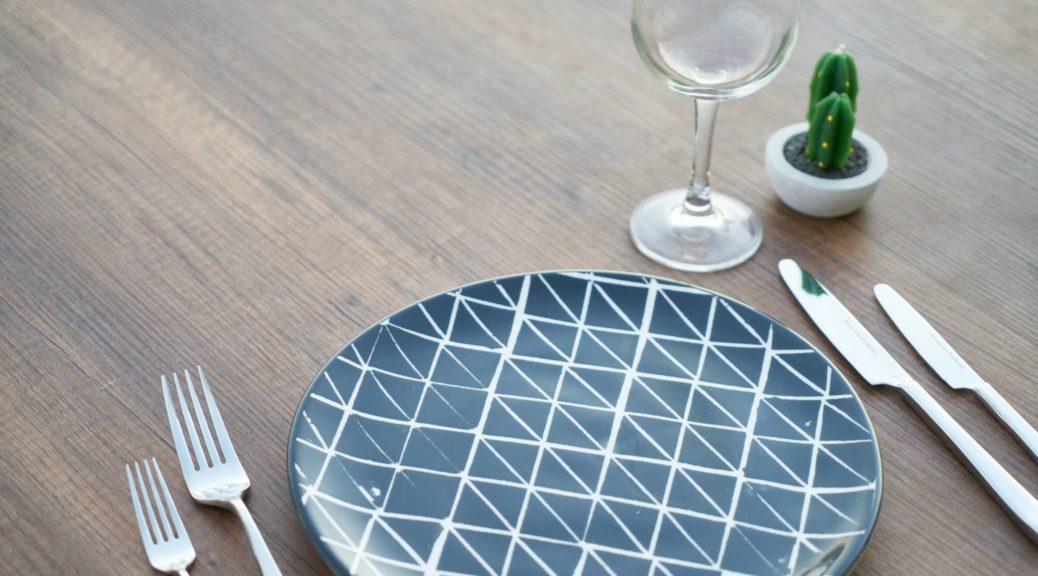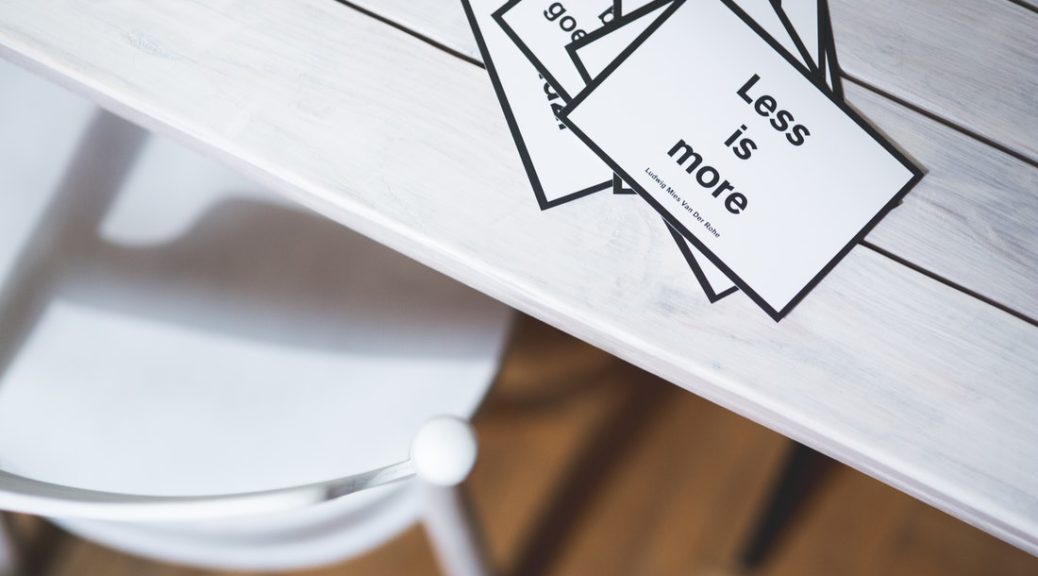
Which Pair of Glasses?
Does something look good or bad? It might depend on which pair of glasses you’re wearing.
A famous Taoist parable asks, “Who knows what is good or bad?” Here is the parable. Reading it takes 2 minutes.
There is a lot of negative thinking this year. I thought it would be interesting to practice thinking a different way. Could seemingly negative events be interpreted differently?
I’m purposefully ignoring more serious problems that could take place. I’m more interested in writing about everyday stuff.
Here are three examples (because the brain likes things in threes):
- My house is a mess
- I don’t make enough money
- People aren’t listening to me
Clearly each of these examples are unequivocally bad and not even worth examining, right?
My house is a mess
We hear this often. It’s a mess! I could have picked almost any noun—hair, desk, office, car, house. Untidiness provokes embarrassment.
Why does this situation prompt such an emotional response? Perhaps a messy house is interpreted as a metaphor for our character.
How could a mess be good? Well, the only people that have messy houses are those who have houses. In other words, homeless people never have messy homes.
To someone without a home, a messy house is a dream come true. To someone with a house, a mess is embarrassing. The next time the house is messy, maybe a feeling of gratitude can replace embarrassment. And then grab a duster.
I don’t make enough money
More money, more problems as a philosopher once said (probably not Mark Twain). We just got done talking about the stress of a messy house. Think about the stress of multiple messy houses!
In America, people are often judged by their job title and how much bacon they bring home. Bacon is delicious, but it is a poor measure of character.
I’ve fallen into this trap. I thought the dollar amount on my paycheck was a personal price tag. Higher = worth more. I thought my feelings of insecurity might decrease as my paycheck increased.
In fact, I became more insecure. I sensed a bigger deficit between my perceived low personal value and my pay. I did not understand what was valuable, and I did not understand what was invaluable.
“Invaluable” does not mean “not valuable.” (English is confusing.)
Invaluable means something really valuable. So much value it cannot be purchased with any amount of money. Examples include unconditional love, unconditional forgiveness, being included in the group (the brain likes examples in threes).
Think about the most important person in your life. Would you sell that relationship for any amount of money?
The things with the most value are often given to us for free.
People aren’t listening to me
Being ignored means pain, no two ways about it. So, what could be gained by being ignored?
Such pain might be the price paid for self-awareness, a very rare gift. Did exclusion result from doing something wrong? Do behaviors need to be changed, or amends made?
Profound personal change is possible. If someone say people can’t change, they haven’t seen what I’ve seen.
But change is expensive, and the price is usually pain. The pain of admitting fault, experiencing vulnerability, feeling regret. Many are not willing to pay this price.
But for others, the pain of staying the same is greater than the pain of changing.
Being ignored can be an opportunity. If you are at fault, pain is now motivation to change and become better. Change is now less painful than exclusion.
If you are not at fault, you can evaluate your relationships. Perhaps upon reflection, you choose to liberate yourself from investing time and energy into shallow relationships. Separation is less painful than a lifetime of being let down.
Finding the right pair of glasses
At a former job, unpleasant assignments were labeled “career opportunities.”
That label was applied sarcastically, but maybe it shouldn’t have been. Indeed, viewed with the right pair of glasses, those assignments would have looked like opportunities.
Wearing the right pair of glasses is important for a peaceful and satisfying life. Many things are not under our control, but our choice of glasses is.
At the end of the day, who knows what is good or bad? The answer is more likely based on a personal interpretation of the event than on the event itself.
Which pair of glasses are you wearing?



